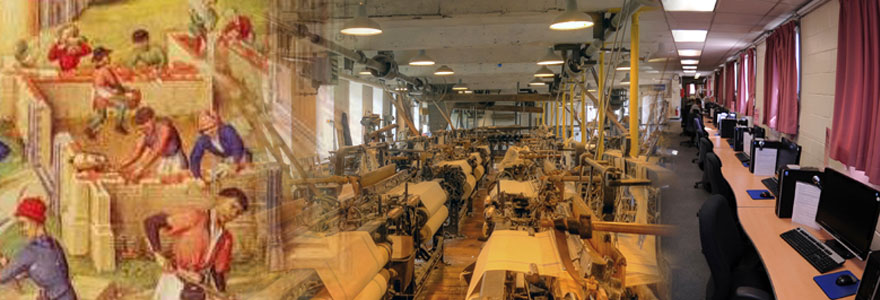News and Updates
Contact
Faculty of Social Science
Social Science Centre
Room 9438
Western University
T. 519-661-2053
F. 519-661-3868
E. social-science@uwo.ca
Is technological progress a thing of the past?
March 26, 2019
Is technological progress a thing of the past?
“There is a debate right now between techno-optimists and techno-pessimists, with the pessimists saying the best is over, that all the low hanging fruit have been picked, and we’ve made the inventions we can make,” said Joel Mokyr. “Techno-optimists say that the best is yet to come, and that society will create inventions that we can only dream of.”
On April 16, Mokyr, Robert H. Strotz Professor of Arts and Sciences and Professor of Economics and History at Northwestern University, will deliver the Department of Economics Distinguished Lecture. Drawing on the past experience from technological progress in the last 300 years, Mokyr will shed some like on this debate.
Mokyr conducts research on the economic history of Europe, and specializes in the period 1750-1914. His current research is concerned with the understanding of the economic and intellectual roots of technological progress and the growth of useful knowledge in European societies, as well as the impact that industrialization and economic progress have had on economic welfare.
Writing in 2017, Mokyr examined the power of the marketplace of ideas that existed in Europe during the 17th to 20th centuries. The competing states and kingdoms in Europe at the time encouraged the development of ideas, as rulers and thinkers competed against each other. At the same time, thinkers had a freedom of movement, and saw themselves as part of a larger pan-European community.
While Mokyr’s research generally focuses his research on the economic history of Europe, he may also draw upon some information from China’s history.
“China is a counter example of a society that experienced technological change, and then came to an end,” said Mokyr. “Are we more like China or like Europe?”
Mokyr says he is a tempered optimist when thinking in terms of technology and science, and how we are going to deal with the challenges of the future.
“This is about nothing short of the economic future of humanity,” said Mokyr. “We face enormous challenges, both in terms of our environment that is changing very rapidly, which we have to deal with, at least in part, in terms of being smart and clever.”
“It’s also true that a very substantial part of humanity are still living in poverty. Can we develop techniques and a method by which we can make the living standards of the poor of this world comparable to what the average person of Canada and the United States?” said Mokyr. “The answer will come, at least, in part, through technology.”
Joel Mokyr is the Robert H. Strotz Professor of Arts and Sciences and professor of economics and history at Northwestern University in Illinois. In 2006, he was awarded the biennial Heineken Award for History offered by the Royal Dutch Academy of Sciences. In 2019, he was named as a Distinguished Fellow by the American Economics Society.
The 2019 Department of Economics Distinguished Lecture will be Tuesday, April 16, at 3:00 pm in the McKellar Theatre, University Community Centre.

